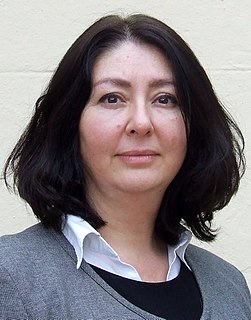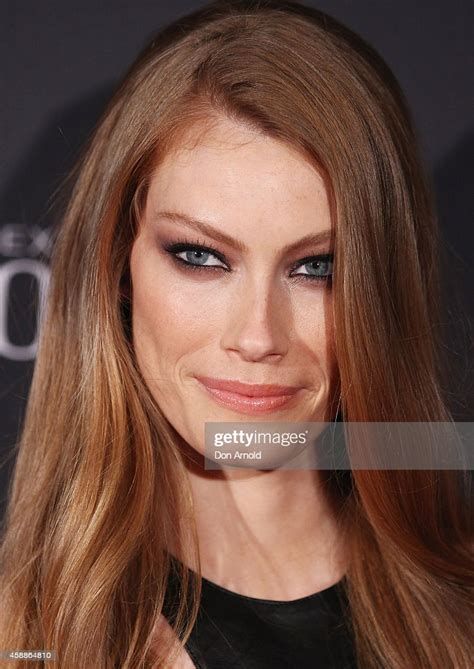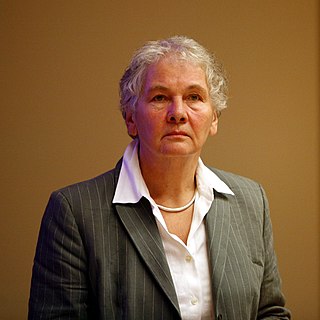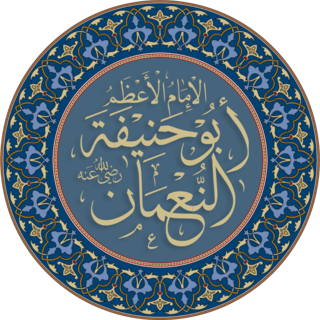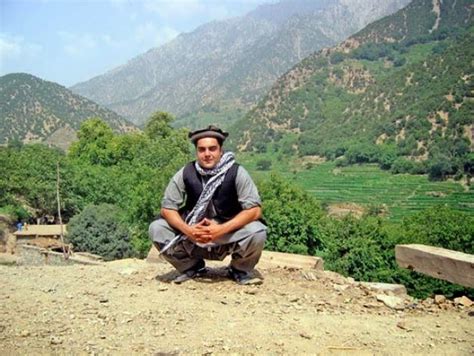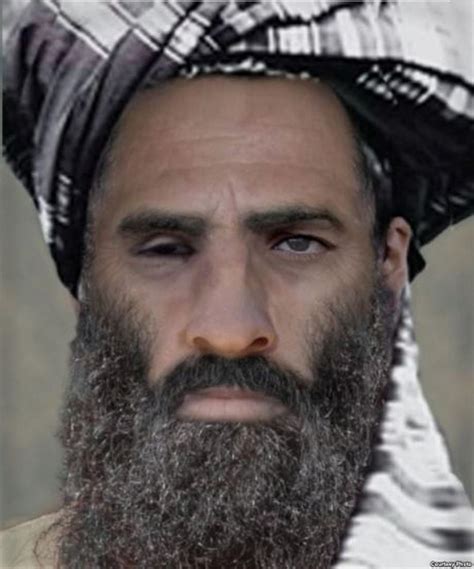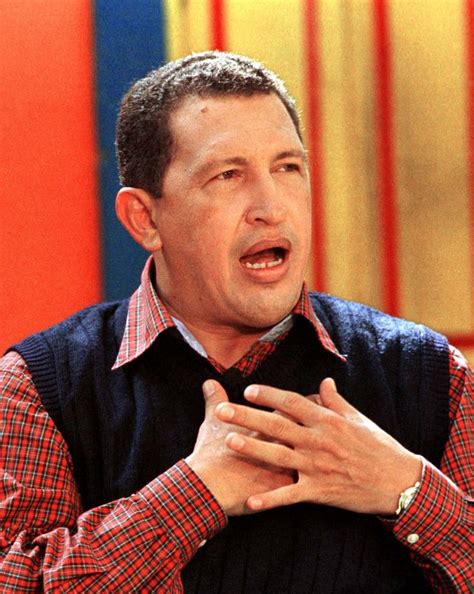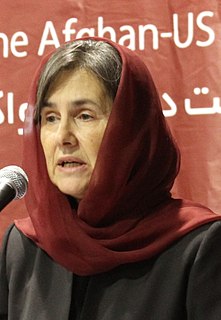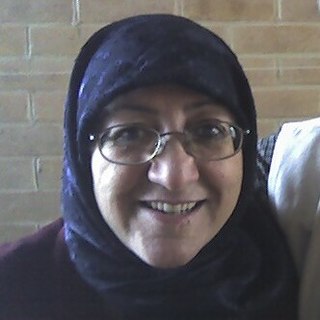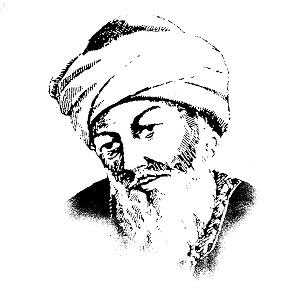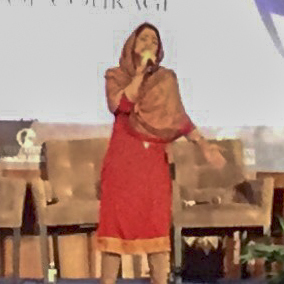A Quote by Malina Suliman
I have always used the burqa because men are using the burqa in the name of culture and religion to take freedom from women. Women are alive, they have their own wishes and desires, but all the time they have to sacrifice that. They are a kind of skeleton, which doesn't have muscles. They're just breathing, like a kind of puppet that barely exists. If women spoke for their rights, they were beaten by their husbands. So they don't have a voice. They lose their voices and their wishes and their happiness.
Quote Topics
Related Quotes
Their women are of surpassing beauty, and are shown more respect than the men. These people are Muslims, punctilious in observing the hours of prayer, studying the books of law, and memorizing the Koran. Yet their women show no bashfulness before men and do not veil themselves, though they are assiduous in attending prayers. Any man who wishes to marry one of them may do so, but they do not travel with their husbands, and, even if one desired to do so, her family would not allow her to go. The women have their 'friends' and 'companions' amongst the men outside their own families.
The situation of women living in Islam-stricken
societies and under Islamic laws is the outrage
of the 21st century. Burqa-clad and veiled women
and girls, beheadings, stoning to death,
floggings, child sexual abuse in the name of
marriage and sexual apartheid are only the most
brutal and visible aspects of women's
rightlessness and third class citizen status in the Middle East
Since the 1950s (until the early 1990s), girls in Kabul and other cities attended schools. Half of university students were women, and women made up 40 percent of Afghanistan’s doctors, 70 percent of its teachers and 30 percent of its civil servants. A small number of women even held important political posts as members of Parliament and judges. Most women did not wear the burqa.
Viking women, if they were left behind, were ruling their town. They were earls in their own right; they owned land in their own right. They could divorce their husbands if they wanted to. All of those wonderful allowances that were made for women in the Viking culture weren't really part of the Christian culture at the time.
I've always loved strong women, which is lucky for me because once you're over about twenty-five there is no other kind. Women blow my mind. The stuff that routinely gets done to them would make most men curl up and die, but women turn to steel and keep on coming. Any man who claims he's not into strong women is fooling himself mindless; he's into strong women who know how to pout prettily and put on baby voices, and who will end up keeping his balls in her makeup bags.
Marjan. I have told him tales of good women and bad women, strong women and weak women, shy women and bold women, clever women and stupid women, honest women and women who betray. I'm hoping that, by living inside their skins while he hears their stories, he'll understand over time that women are not all this way or that way. I'm hoping he'll look at women as he does at men-that you must judge each of us on her own merits, and not condemn us or exalt us only because we belong to a particular sex.
During the first campaign, one of my jobs as my husband's spouse was to travel around the country and really listen to women. There were voices that were new to me: the voices of military spouses, many of them women, and veterans.... I was overwhelmed by their challenges, and the notion that we as a country don't even know that these women exist, because we live in a country where one percent of the population protects the rights and freedoms of the other 99 percent of us. I thought that if I had the opportunity to serve as First Lady, I was going to use this platform to be their voice.



